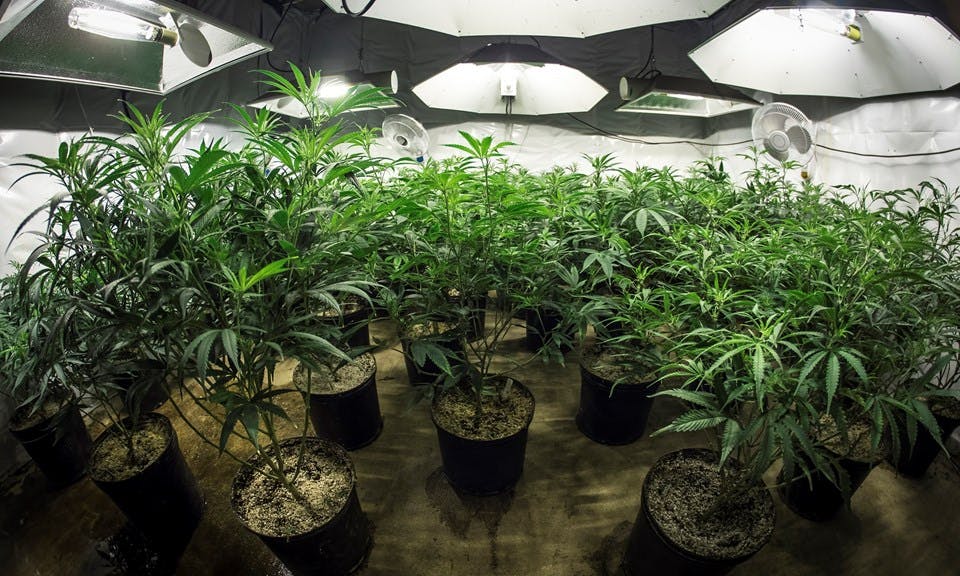Sixteen years after he first sought permission to cultivate cannabis, the German medical cannabis patient known as Michael F. has finally received authorization to grow his own. On Sept. 28, the Federal Institute for Drugs and Medical Devices (BfArM) granted him a temporary permit to cultivate up to 130 plants per year for personal use.
The move made Michael F. the first cannabis patient to receive government permission to cultivate cannabis. He may also be one of the last. The federal government and the Bundestag are preparing for a law that would force insurance companies in some circumstances to reimburse the cost of medical cannabis. It’s set to take effect early next year, though reimbursements wouldn’t begin until 2019.
The new law would undercut the argument Michael F. used to secure permission to grow at home. In April, the Federal Administrative Court in Leipzig ordered the BfArM to grant him authorization to cultivate cannabis after finding he didn’t have the money to purchase it from a pharmacy. His authorization is only temporary, set to expire after June 30, 2017, and a provision says that once medical cannabis is covered by health insurance, the permit will immediately expire.
By the same reasoning, expanded health care coverage would also allow the government to avoid the need to accommodate home cultivation. Some patients have even begun referring to the measure as the “Prevention of Private Cultivation Law.”
The ruling in Michael F.’s case inspired a number of other patients to apply for authorization on the same grounds. According to a BfArM spokesperson, more than 130 applications were submitted between mid-March and the end of May by medical patients seeking permission for home cultivation. “In no case permission was granted,” the spokesperson said.
Despite the fact other German patients may be in similar situations, the ruling applies only to Michael F. According to a BfArM statement, “the self-cultivation of cannabis can also be allowed in individual cases only in the future.” While the agency said Michael’s case “would be taken into account,” authorizations will be decided on a case-by-case basis.
It remains to be seen whether the applications will be successful without the years of legal proceedings that Michael F. endured. The BfArM doesn’t make available the status of pending applications.
Similar to Canada’s national medical marijuana program, the German government doesn’t consider home cultivation to be suitable for patients because, in its view, quality and potency can’t be adequately assessed. Until the decision in Michael F.’s case, the country had managed to prevent legal home cultivation completely.
Canada, too, was hit by similar complaints, and in February a federal appeals court ruled home growing legal.
In Germany, cultivation rules are complicated even if patient manages to win authorization—at least if Michael F. is any indication. His authorization sets a maximum of 130 plants per year, each of which must be documented from the seed to the smoked joint. According to his wife, Michael F. plans to grow 20 plants per cycle. The remaining allowance will serve as a safety buffer in case plants die or fail to produce. In addition, Michael must install additional safety devices in his first-floor apartment as well as bars on the window of the grow room.






